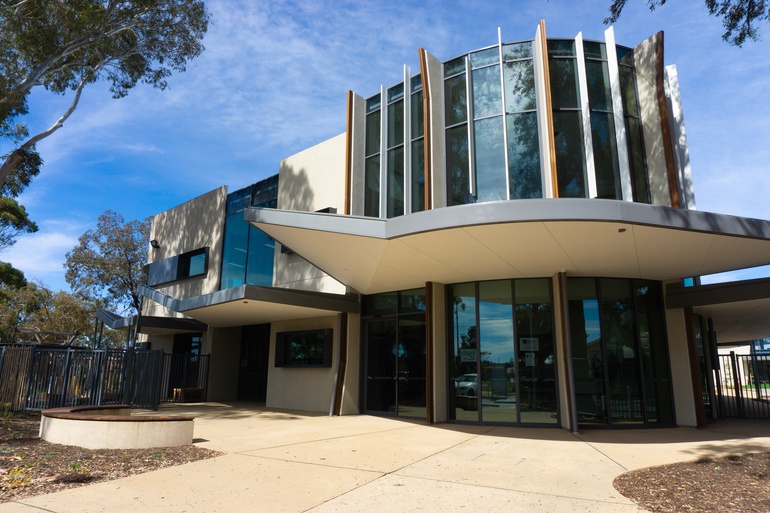Policy Snapshot - September 2020
04 Sep 2020
World Green Building Week (WGBW) is around the corner, and this year our global network of Green Building Councils are calling for greater collaboration across the built environment to tackle the issue of climate change, under the banner of #ActOnClimate.
All of us have key roles to play. While industry awareness and accountability is at an all-time high, genuine sector transformation also requires governments at all levels stepping up their efforts, to go above and beyond in creating better places.
Green Building Council of Australia (GBCA) has been advocating that short term measures to grow our recovery from the economic impact of the pandemic should be developed and driven with an eye to our long-term needs and challenges, such as climate change. Given the long-term impacts of our stimulus actions, government policies should avoid locking in high emissions outcomes and seek to accelerate the pace of transition to net zero emissions buildings.
That’s why, during the week of 21 September, we will be celebrating WGBW by showcasing examples of leadership from our government members and stakeholders.
In the meantime, catch up below on some of our recent policy activities, and feel free to get in touch if you have any suggestions or questions.
Kind regards,
Sandra Qian
Senior Manager – Policy and Government Relations
GBCA provides revised pre-budget submission
Since we submitted our 2020-21 Pre-Budget Submission, Australia has been confronted with the profound economic and social impacts triggered by the COVID-19 pandemic. In light of the profound challenge this presents for Australia’s economy and workforce, we have presented our revised pre-budget submission to the Federal Government, outlining a number of recommendations for stimulating activity across the property and construction sector. Economic recovery efforts can and should contribute to projects that generate jobs and create healthy places for Australians to live and work, and our submission presents a number of ways that the Government can make the best use of high performing buildings to support our recovery.
Our renewable energy revolution
Queensland has an enormous opportunity to leverage renewable energy as part of the COVID-19 economic response. Ahead of this year’s State Election, we were pleased to invite the Minister for Energy Anthony Lynham to unpack the Government’s platform for the clean energy transition in Queensland.
Invitation to contribute to Green Star report on social infrastructure
With infrastructure being a key focus for stimulus funding in recent months, more governments are acknowledging the importance of planning, designing and building projects that meet economic, social and environmental needs. Widely recognised rating systems such as Green Star can improve sustainability outcomes for government projects, providing a common language to consider various impacts through a project’s lifecycle. Over the coming months, we will be developing a report examining the value of Green Star for sustainable, resilient social infrastructure. We invite interested government stakeholders to participate in this project through case studies and feedback, to ensure that the contents of the final report reflect government priorities.

McAuley Community School – building lessons for adults
As the first 6 Star Green Star rated school in South Australia, the recently certified McAuley Community School is an example of how schools can provide positive learning spaces for students, whilst minimising their impact on the environment. With the sustainability focus resulting in a range of benefits for the project, from cost reduction to strong enrolment growth, it has so far had little reason to look back.
Learn more